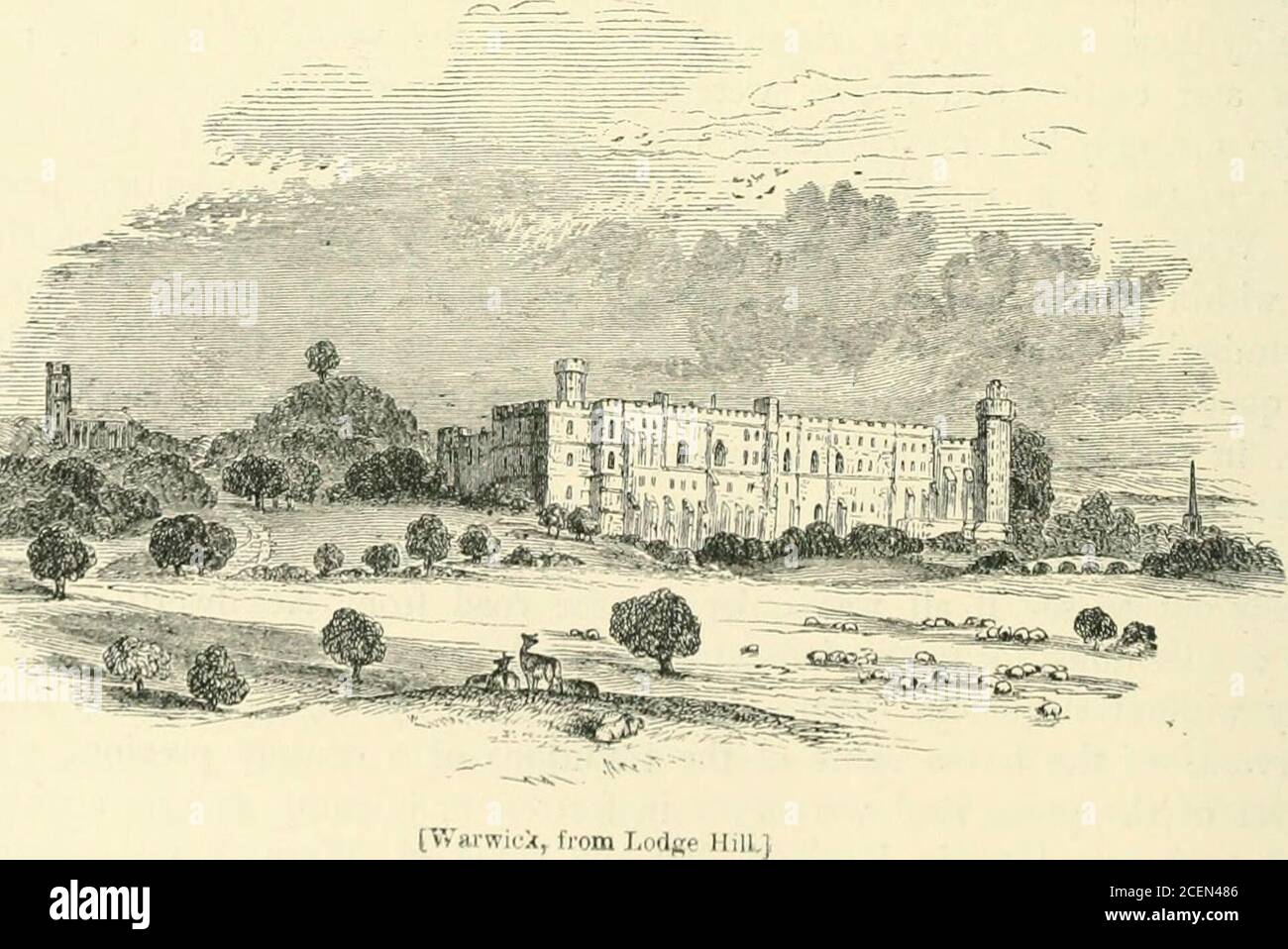. William Shakespere : a biography. k who prophesies what is to come :— This brawl to-dayGrown to this faction, in the Temple garden.Shall send, between the red rose and the white,A thousand souls to death and deadly night. * In the connected plays which form the Three Parts of Henry VI., the Earlof Warwick, with some violation of chronological accuracy, is constantly broughtforward in a prominent situation. When the brave peers of England unitein denouncing the marriage of Henry with Margaret of Anjou, the Earl ofSalisbury says to his bold heir :— Warwick, my sod, the comfort of my age, Thy d

Image details
Contributor:
Reading Room 2020 / Alamy Stock PhotoImage ID:
2CEN486File size:
7.1 MB (378.6 KB Compressed download)Releases:
Model - no | Property - noDo I need a release?Dimensions:
1934 x 1292 px | 32.7 x 21.9 cm | 12.9 x 8.6 inches | 150dpiMore information:
This image is a public domain image, which means either that copyright has expired in the image or the copyright holder has waived their copyright. Alamy charges you a fee for access to the high resolution copy of the image.
This image could have imperfections as it’s either historical or reportage.
. William Shakespere : a biography. k who prophesies what is to come :— This brawl to-dayGrown to this faction, in the Temple garden.Shall send, between the red rose and the white, A thousand souls to death and deadly night. * In the connected plays which form the Three Parts of Henry VI., the Earlof Warwick, with some violation of chronological accuracy, is constantly broughtforward in a prominent situation. When the brave peers of England unitein denouncing the marriage of Henry with Margaret of Anjou, the Earl ofSalisbury says to his bold heir :— Warwick, my sod, the comfort of my age, Thy deeds, thy plainness, and thy housekeeping, Hath won the greatest favour of the Commons.f In a subsequent scene, Beaufort calls him ambitious Warwick. A scene ortwo onward, and Warwick, after privately acknowledging the title of RichardDuke of York, exclaims— My heart assures me that the earl of WarwickShall one day make the duke of York a king. • Heuiy VI., Pai-t I., Act ii., Scene iv. t Henry VI., Pcut II., Act n.. Scene i.. A niOGKArilY It is lie, the bkitit-wittccl lord, that defies Suffolk, and sets the men of Buryupon him to demand his banishment. It is he who stands by the bed of thedying Beaufort, judging tliat So bad a death argues a monatroua liTe. All this is skilfully managed by the dramatist, to keep Warwick constantlybefore the eyes of his audience, before he is embarked in the great contest forthe crown. The poet has given Warwick an early importance, which thechroniclers of the age do not assign to him. He is dramatically correct in sodoing; but, at the same time, his judgment might in some degree have beengoverned by the strength of local associations. Once embarked in the greatquarrel, Warwick is the presiding genius of the scene :— Now, by my fathers badge, old Nevils crest.The rampant bear chaiud to the ragged Btaff, This day I 11 wear aloft my burgonet, As on a mouutaai-top the cedar showsThat keeps his leaves in spite of any storm. * The sword is fir